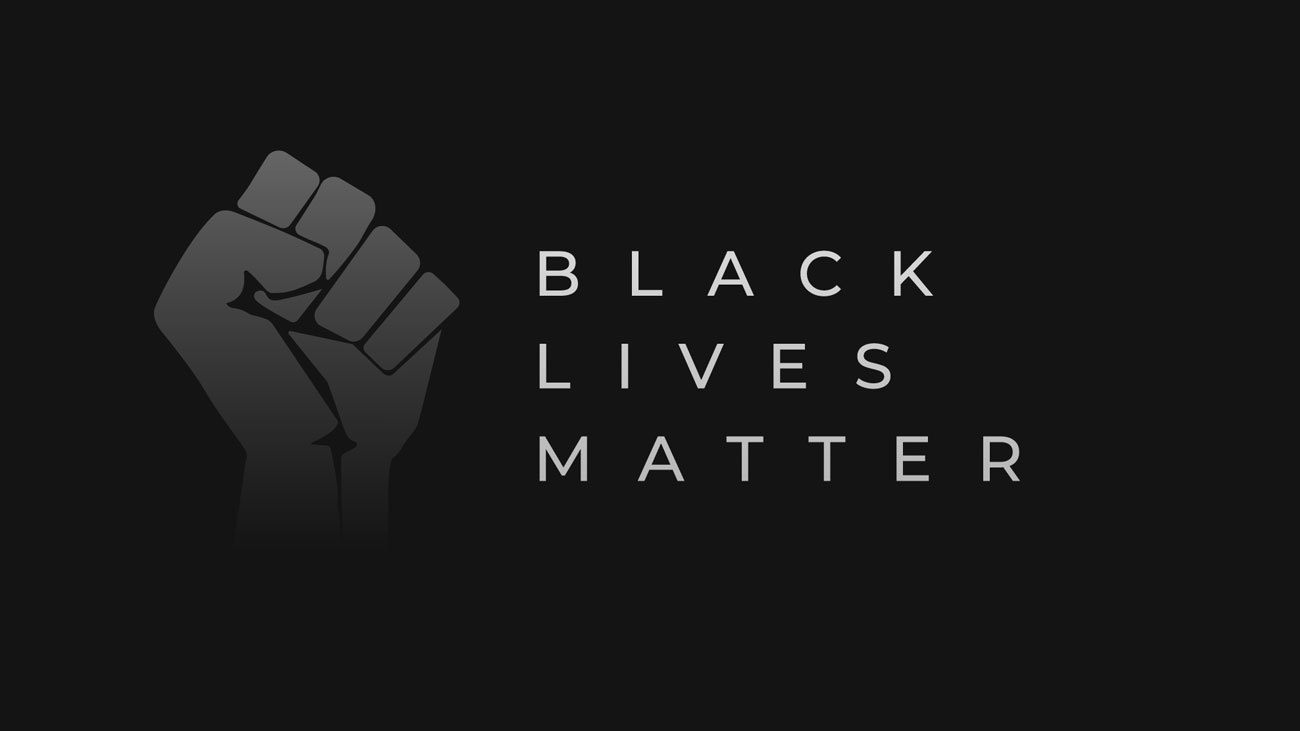
Race: an uncomfortable workplace conversation?
When the Black Lives Matter movement received global attention in May 2020 it was clear that not only had businesses not done enough regarding racial inequality, but many had struggled even to start the conversation. A fear of causing offence, using the wrong language, and being uncomfortable were often cited as barriers that needed to be breached if action was going to be taken by those in positions within organisations to make change happen.
Almost one year on, and with systemic racism remaining a critical issue for business to address, Censuswide, INvolve and Audeliss set out to discover if the conversations about race in the workplace that so badly needed to happen are happening, and whether language and the fear of uncomfortable conversations remain a substantial barrier to progress.
They conducted a survey of 1,000 non-HR business decision makers within companies of over 250 employees. The research centred on assessing how comfortable individuals in positions of power are in choosing appropriate language for everyday interactions, as well as having conversations specifically on the topic of race and racism in the workplace.
The resulting report made it clear that there are several underlying factors that can deter employees from having meaningful conversations about race in the workplace. The level of discomfort, fear, knowledge of appropriate language and confronting instances of racism in the workplace can vary depending on age, gender and industry.
Firstly, employees that are largely having, or have had, conversations in the workplace centred around racism and businesses should capitalise on this momentum to drive change. At a time when social justice movements, such as Black Lives Matter, are galvanising people to have difficult conversations and take much-needed action, this report indicates that employees are willing to learn and do understand the importance of having conversations about race in the workplace but lack the tools to do so. Therefore, in the first instance, businesses must work to eradicate fear in order to equip employees to have conversations about race confidently and comfortably.
A common answer in relation to discomfort describing individuals via their racial identity, for instance, was a fear or worry of offending through the use of incorrect/inappropriate language. Other reasons given for discomfort was that terms are too broad, confusing or are attached to perceived negative feedback, thus businesses should take this as an opportunity to drive education on this topic for their employees.
By introducing digital training sessions and creating safe spaces for conversations, employees can speak freely, without fear of judgement and in an environment of learning. It is important for employees to understand that discrimination is the unjust or prejudicial treatment of different categories of people, especially on the grounds of the nine protected characteristics (including race) as defined in the Equality Act.
Secondly, the report strongly indicates that racism does exist in the workplace. It’s of further concern that a high proportion of those surveyed admitted to not confronting the person when they witnessed racism.
One reason for the lack of confrontation could be due to not knowing how to correctly intervene, which aligns with discomfort surrounding conversations due to a lack of knowledge and fear on the subject. In this case businesses should look to implement training and leadership initiatives and have a clear framework in place that is regularly signposted for employees so instances of racism can be effectively and appropriately dealt with.
It is vital that businesses become active in their advocacy in order to dismantle systemic racism within the workplace. The first step is being able to have confident conversations about race that will lead to tangible long-term change. If the language to speak about the issue remains confusing and employees don’t feel equipped to discuss race, then the fear that exists in having them will prevent positive change.
Read the full report here.







